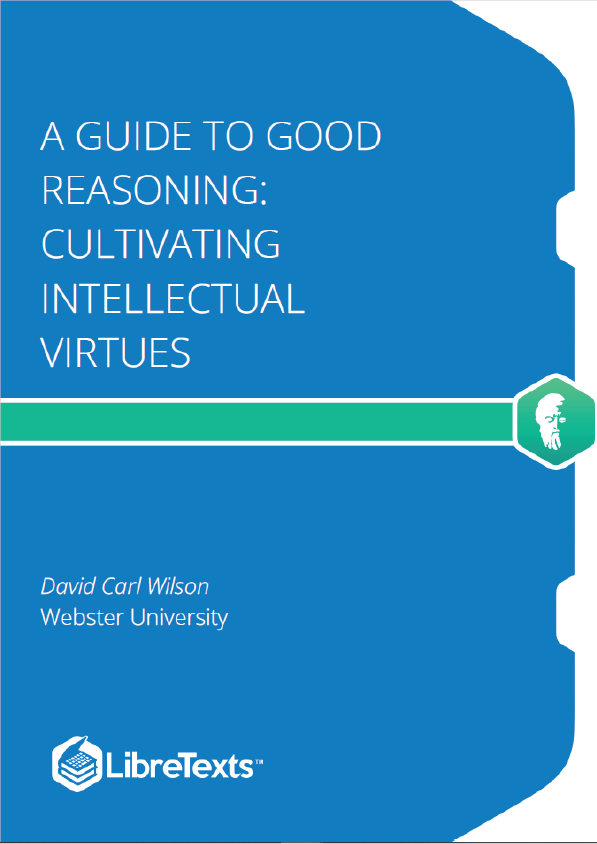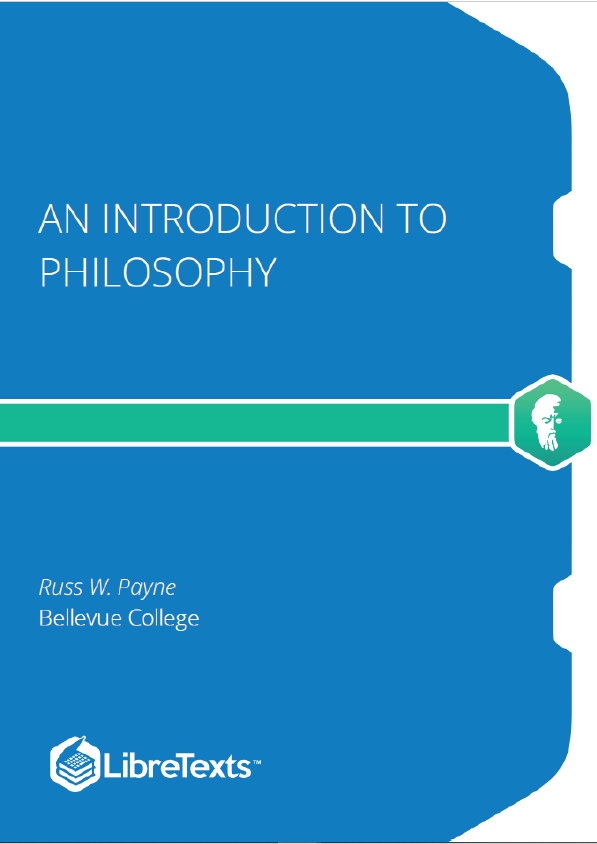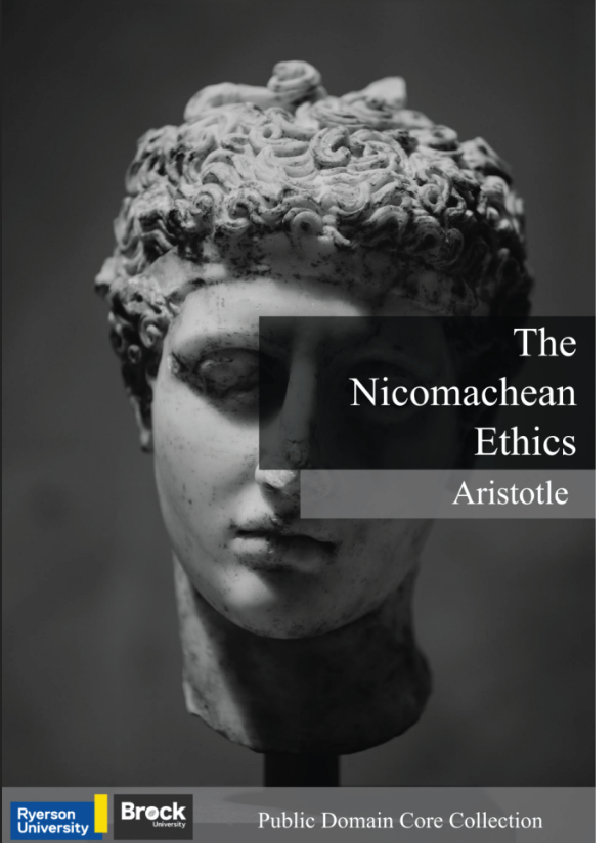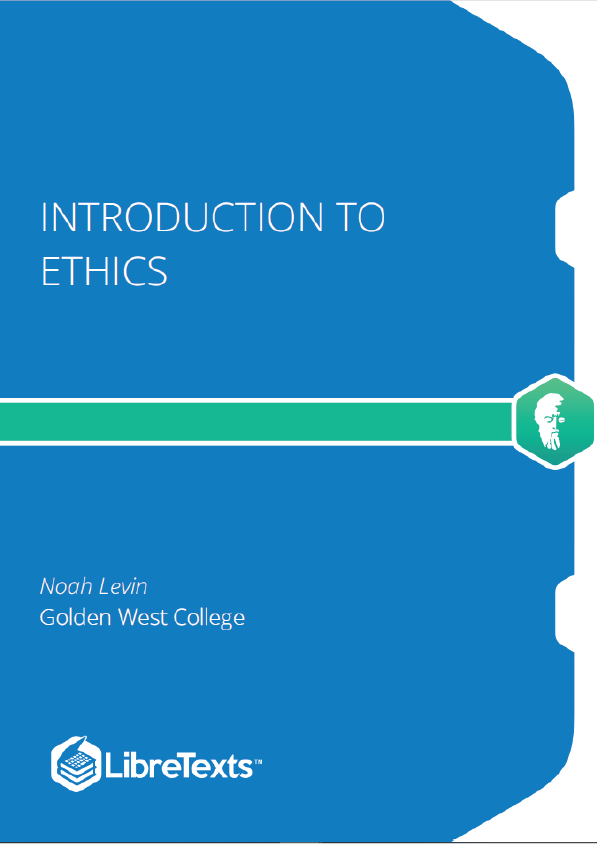A Guide to Good Reasoning has been described by reviewers as “far superior to any other critical reasoning text.” It shows with both wit and philosophical care how students can become good at everyday reasoning. It starts with attitude—with alertness to judgmental heuristics and with the cultivation of intellectual virtues. From there it develops a system for skillfully clarifying and evaluating arguments, according to four standards—whether the premises fit the world, whether the conclusion fits the premises, whether the argument fits the conversation, and whether it is possible to tell.
You know the answers to many of the questions you care about, but you merely have opinions about many others. What is the difference between knowledge and opinion? Why is it that you now know, for example, that your teacher is highly competent, even though at one time this was only your opinion? The answer has partly to do with your level of confidence; although once you believed it tentatively, you now believe it with assurance. But there is a deeper difference: you now have better reasons for believing it. You have read her student evaluations, talked to many of her former students, maybe even taken a class from her yourself. There might still be some remote chance that she will disappoint you. (If it does turn out that you have been misled, you will conclude that it was merely an opinion all along—that you thought you knew that she was highly competent, but you never really knew it.) But, from where you now sit, your reasons are so good that you do justifiably claim it as knowledge and not as mere opinion.
So an important difference between knowledge and mere opinion is the quality of your reasons. Your reasons are what you depend on in support of what you believe—regardless of whether you consider what you believe to be knowledge or mere opinion. There are many rough synonyms for reasons: evidence, warrant, justification, basis, grounds, rationale, and—the term we will rely on most heavily—premises.
This book pays a great deal of attention to reasons, but it is ultimately concerned with something more. The title is not A Guide to Good Reasons; it is A Guide to Good Reasoning. Typically, reasons are something you have, while reasoning is something you do. The term reasoning refers here to the attempt to answer a question by thinking about reasons, as in the sentence He stood in the polling booth, reasoning one last time about the relative merits of the two candidates. Good reasoning is the thinking most likely to result in your having good reasons for your answers—and, thus, the sort of thinking most likely to give you knowledge rather than mere opinion.











